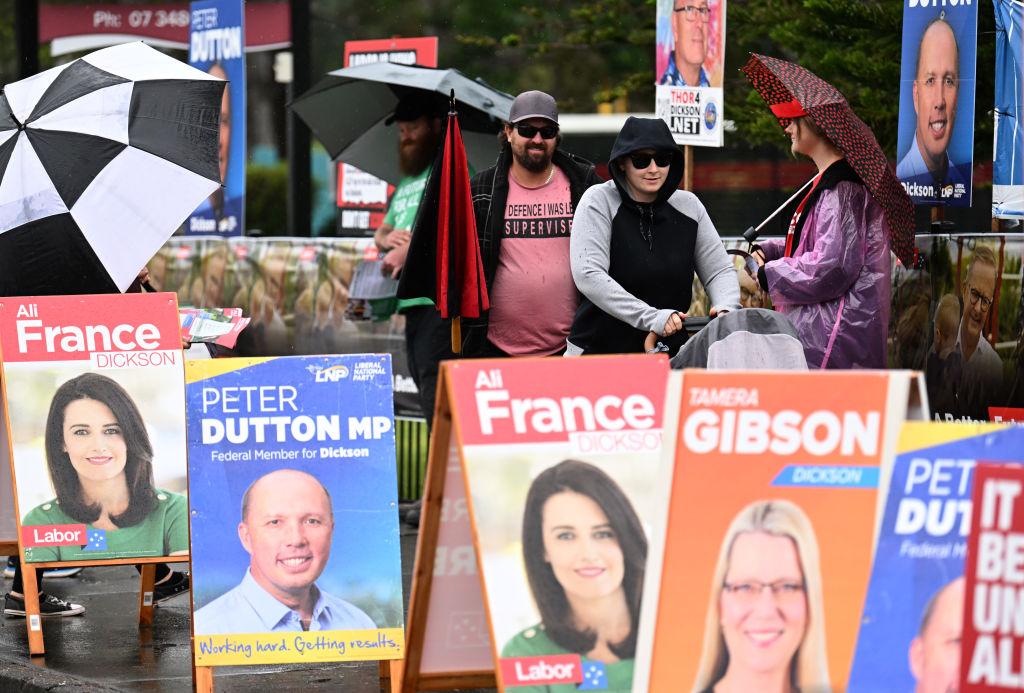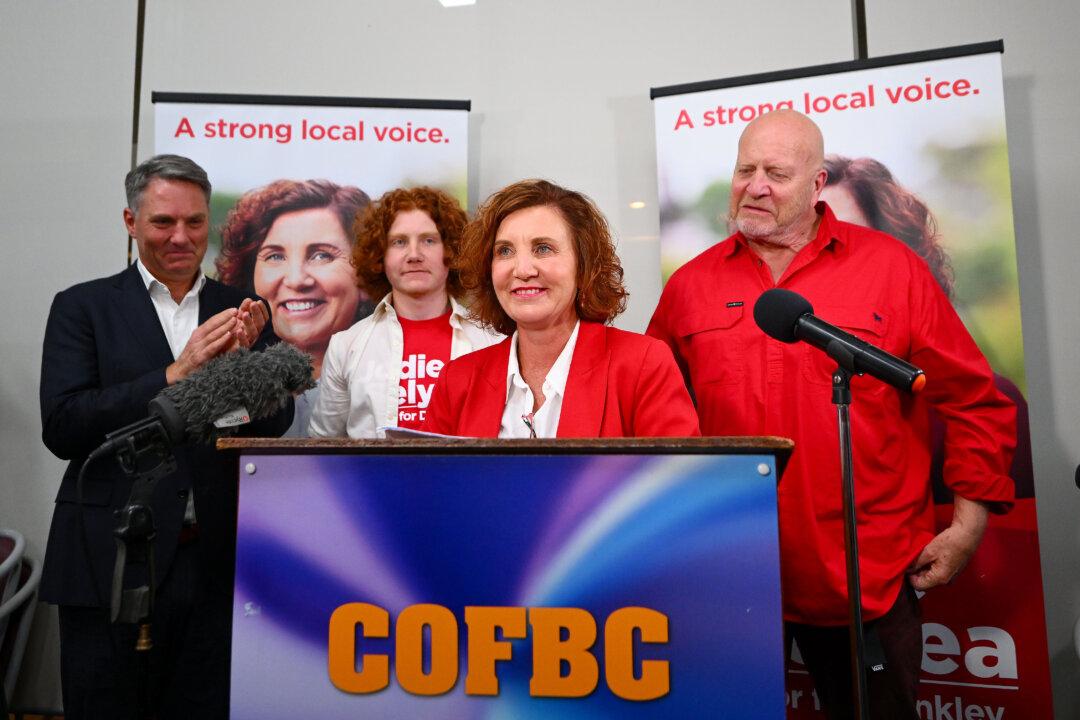Commentary
In today’s world of equivalence, where there exist the concepts of “your truth” and “my truth,” the idea of legislating for truth in advertising, let alone political advertising, seems a quagmire into which one should not wallow for fear of being enveloped in its tentacles.





